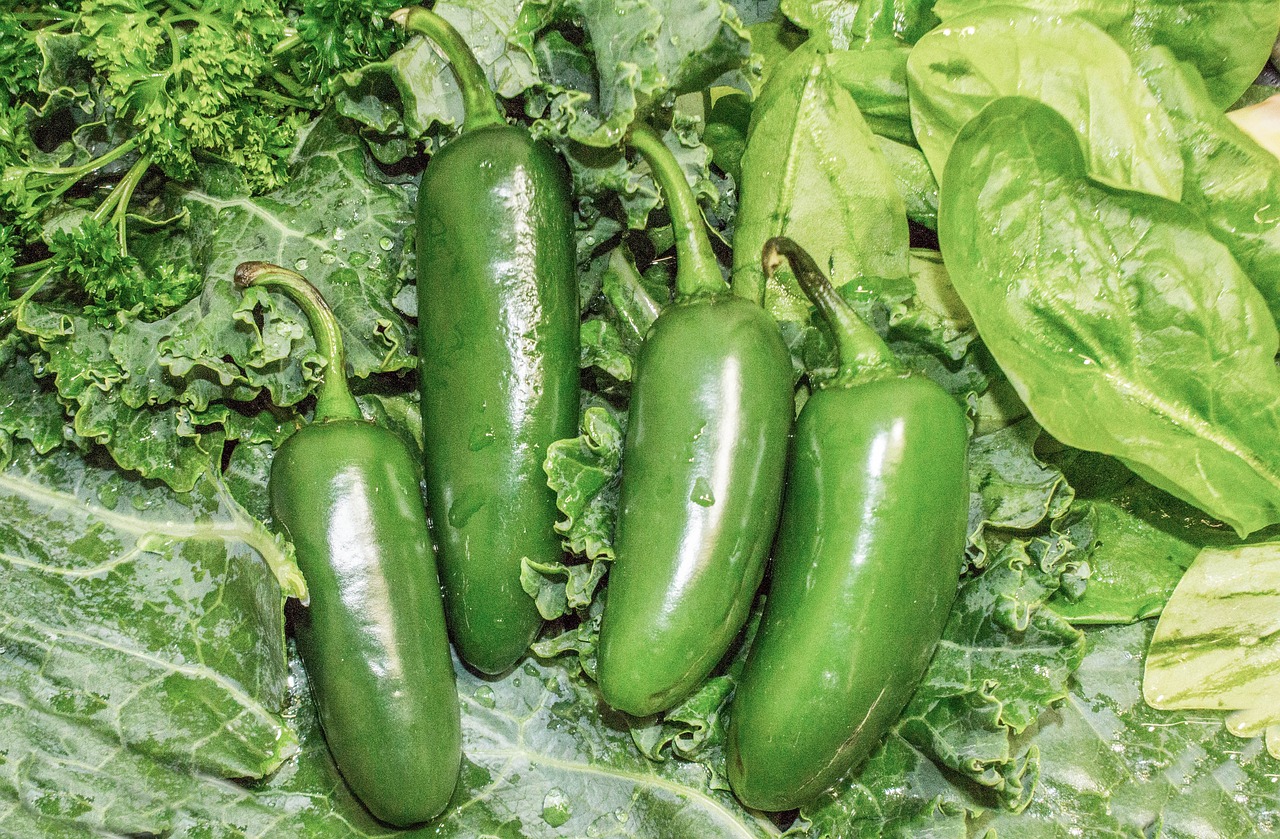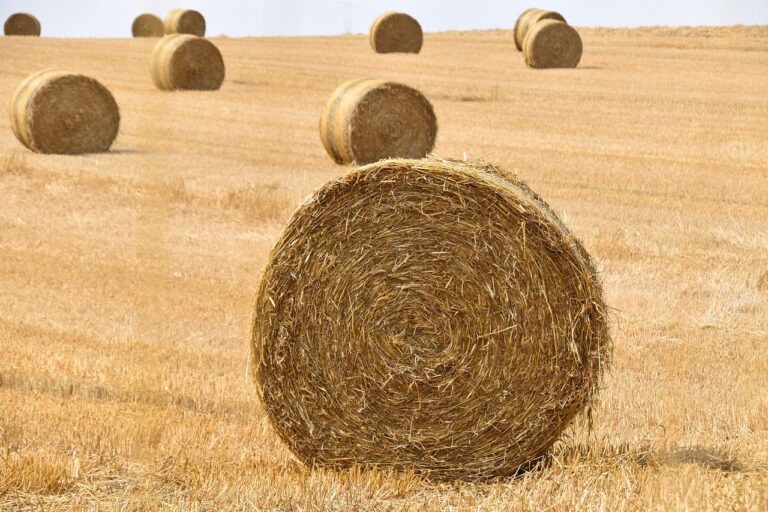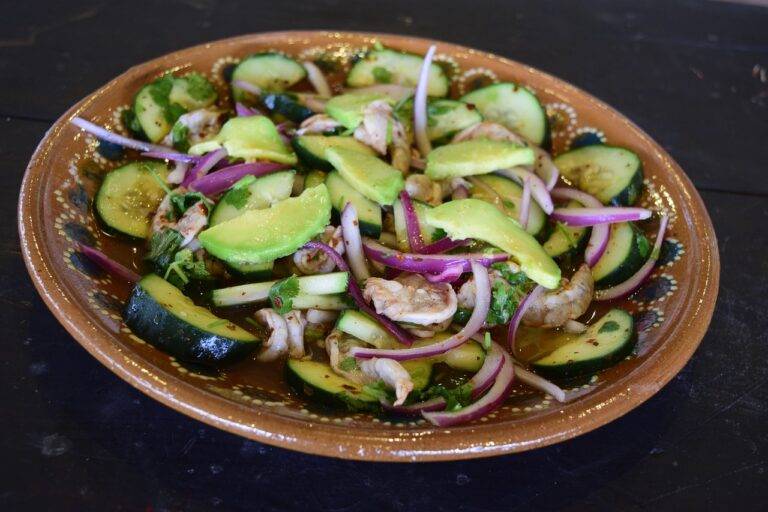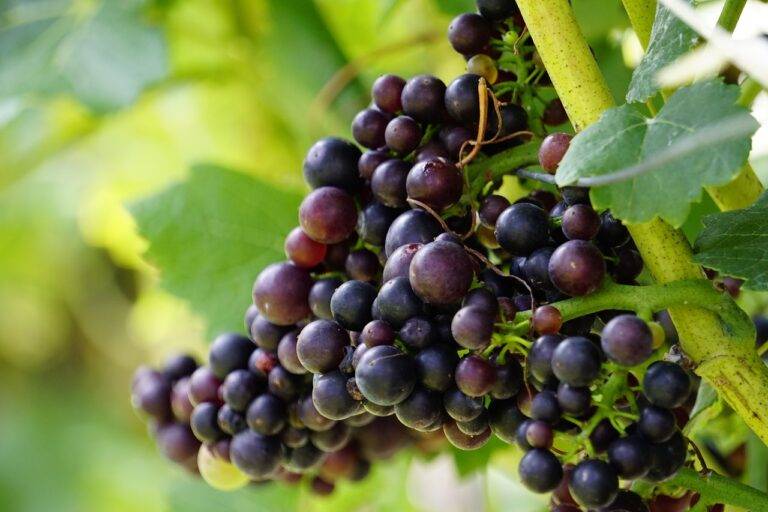How to Shop for Organic Foods: Betbook247 app, Radhe exchange new id, Play11bet
betbook247 app, radhe exchange new id, play11bet: As consumers become more health-conscious and environmentally aware, the demand for organic foods has skyrocketed. Organic foods are not only better for our bodies, but they also support sustainable farming practices that are beneficial for the planet. However, shopping for organic foods can be overwhelming due to the wide range of options available. In this guide, we will provide you with tips on how to shop for organic foods effectively.
Do Your Research
Before heading to the grocery store or farmer’s market, take some time to research the different types of organic foods available. Familiarize yourself with the various certifications and labels that indicate a product is organic. Look for labels such as USDA Organic, Non-GMO Project Verified, and Certified Organic by Quality Assurance International (QAI). Understanding these labels will help you make informed decisions when shopping for organic foods.
Create a Shopping List
Just like with conventional grocery shopping, creating a shopping list is essential when shopping for organic foods. Make a list of the organic products you need, including fruits, vegetables, dairy, meats, and pantry staples. Planning ahead will help you stay organized and prevent you from impulse buying non-organic items.
Shop at Local Farmer’s Markets
Support local farmers and growers by shopping at farmer’s markets in your area. Farmer’s markets are a great place to find fresh, locally grown organic produce and other homemade organic products. Not only will you be able to connect with the people who grow your food, but you will also be supporting small-scale sustainable farming practices.
Buy in Bulk
Buying organic foods in bulk can help you save money in the long run. Look for wholesale stores or co-ops that offer organic products in bulk, such as grains, nuts, seeds, and dried fruits. Buying in bulk reduces packaging waste and allows you to stock up on essentials without breaking the bank.
Read Ingredient Lists
When shopping for organic packaged foods, be sure to read the ingredient lists carefully. Just because a product is labeled as organic does not mean it is free of unhealthy ingredients. Look for products that contain whole, natural ingredients and avoid items with added sugars, artificial flavors, and preservatives.
Choose Seasonal Produce
Opt for seasonal organic produce whenever possible. Seasonal fruits and vegetables are fresher, tastier, and more nutritious than out-of-season produce. Buying seasonal produce also supports local farmers and reduces the carbon footprint associated with transporting food long distances.
Look for Deals and Discounts
Organic foods can be more expensive than conventional products, but there are ways to save money when shopping for organic foods. Keep an eye out for sales, discounts, and coupons on organic products at your local grocery store or online retailers. You can also sign up for loyalty programs or join a membership-based organic food delivery service to receive exclusive deals and discounts.
Stay Informed
Stay informed about the latest news and trends in the organic food industry. Follow organic food blogs, websites, and social media accounts to stay up-to-date on issues such as food safety, sustainability, and agricultural practices. Knowledge is power when it comes to making informed decisions about the food you eat.
In conclusion, shopping for organic foods does not have to be a daunting task. By doing your research, creating a shopping list, shopping at local farmer’s markets, buying in bulk, reading ingredient lists, choosing seasonal produce, looking for deals and discounts, and staying informed, you can make conscious choices that benefit your health and the environment. Happy shopping!
FAQs
Q: Are organic foods healthier than conventional foods?
A: Organic foods are free of synthetic pesticides, hormones, antibiotics, and genetically modified organisms (GMOs), making them a healthier choice for consumers.
Q: Why are organic foods more expensive?
A: Organic farming practices are more labor-intensive and environmentally friendly, which contributes to the higher cost of organic foods compared to conventional products.
Q: Can I trust all organic labels?
A: Look for reputable organic certifications such as USDA Organic, Non-GMO Project Verified, and Certified Organic by QAI to ensure the products you are purchasing are truly organic.







